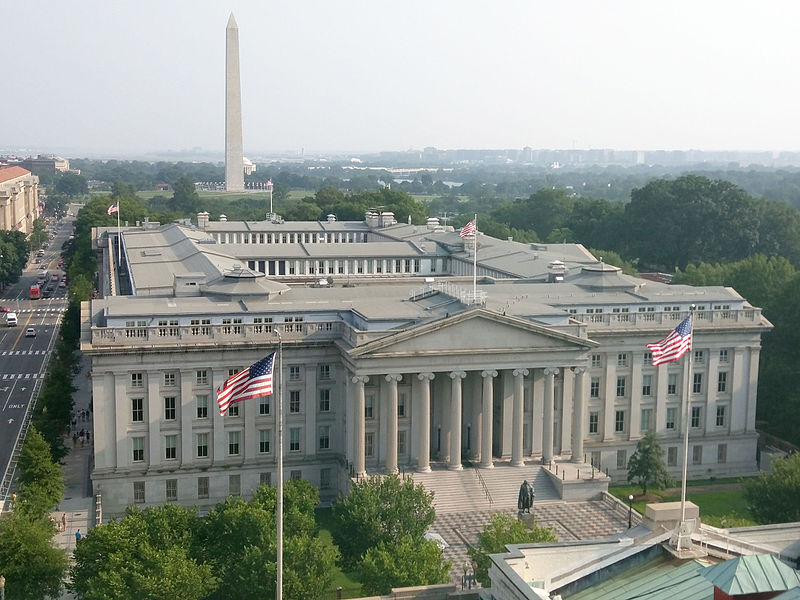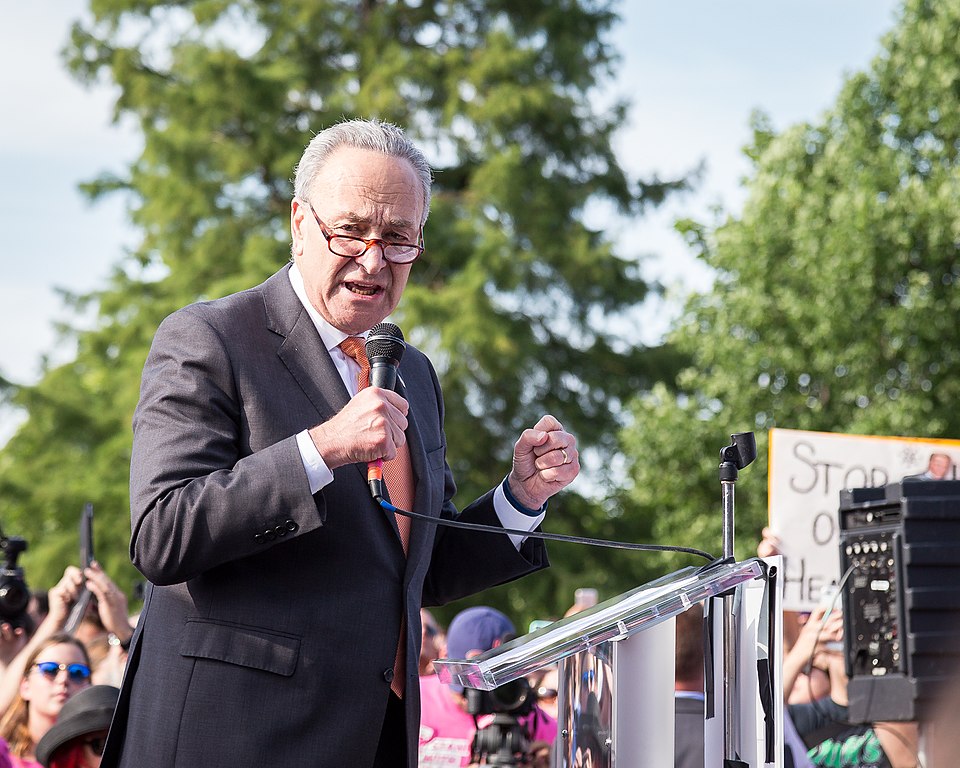
President-elect Donald Trump announced Friday his intent to nominate renowned investor Scott Bessent as the next U.S. Treasury secretary. This decision ends a protracted and closely watched
process, marked by competition among high-profile candidates for a position with extensive influence over the nation's economic, regulatory, and international policies.
Wall Street had eagerly awaited the announcement, given Trump's economic agenda, including plans to overhaul global trade with tariffs and extend the significant tax cuts implemented during his first term.
A Market-Friendly Choice
The selection of Bessent, 62, a seasoned finance professional, has been largely well-received on Wall Street. Known as an advocate for tax reform and deregulation, his appointment may signal a measured approach to trade policies, reducing the likelihood of aggressive tariffs.
Trump's announcement highlighted Bessent's qualifications, describing him as "one of the world’s foremost international investors and geopolitical and economic strategists." The announcement was part of a series of Friday night appointments and came after a week of intense deliberations.
Bessent's nomination follows speculation about other candidates, including Apollo Global Management CEO Marc Rowan, former Federal Reserve Governor Kevin Warsh, and investor John Paulson. Paulson exited the race citing personal financial complexities, while Howard Lutnick, initially a contender, was appointed as Commerce Department head instead.
A Career in Finance
A South Carolina native, Bessent has had a distinguished career in finance, including working for prominent investors like George Soros and Jim Chanos. He also ran his own hedge fund and gained attention for accurately predicting Trump's 2016 election victory, citing market analysts’ underestimation of its implications.
Bessent has championed policies like tax reform and deregulation to boost bank lending and energy production. In a recent Wall Street Journal op-ed, he described post-election market optimism as a reflection of expectations for "higher growth, lower volatility, and a revitalized economy for all Americans."
Analysts view his appointment positively. Ryan Sweet of Oxford Economics noted that Bessent's stance on trade could reduce the likelihood of severe tariffs proposed during Trump's campaign.
Stepping into a Critical Role
As Treasury secretary, Bessent will hold one of the most influential economic positions in the U.S. government. Responsibilities include managing the Treasury debt market, overseeing financial regulation, and handling international financial policy, such as sanctions and relations with global institutions like the IMF and World Bank.
He faces significant challenges, including managing the nation’s ballooning federal deficit, projected to grow by nearly $8 trillion over the next decade due to Trump's tax cut extensions and additional proposed breaks. Bessent has argued that Trump's policies will drive economic growth, offsetting the fiscal strain.
He will also oversee the Treasury's role in supporting Ukraine’s economy amid its conflict with Russia—a position that may shift under Trump, who has expressed interest in reducing U.S. financial involvement.
Bessent is expected to diverge from his predecessor, Janet Yellen, in other areas, particularly regarding climate change. Yellen championed green initiatives, while Trump has pledged to bolster fossil fuel production and roll back clean-energy subsidies.
A Close Relationship with the Federal Reserve
Bessent’s relationship with the Federal Reserve will be crucial. Historically, Treasury secretaries have maintained regular dialogue with the Fed chair. While Bessent once suggested creating a "shadow" Fed chair to counteract Jerome Powell, he later abandoned the idea. Powell’s term expires in 2026.
A Dramatic Selection Process
Bessent's path to the nomination was marked by dramatic twists. Initially seen as a frontrunner alongside John Paulson, his prospects seemed uncertain as new contenders emerged. Howard Lutnick briefly surged in prominence before being redirected to the Commerce Department. Rowan and Warsh also entered the mix late in the process.
Ultimately, Bessent’s close advisory role to Trump at Mar-a-Lago, where he provided economic counsel during deliberations, likely solidified his candidacy.
Bessent’s appointment continues a tradition of financial heavyweights leading the Treasury Department, joining the ranks of figures like Robert Rubin, Hank Paulson, and Steven Mnuchin. His tenure will undoubtedly shape U.S. economic policy for years to come. Photo by MeanieHyaena, Wikimedia commons.






































































